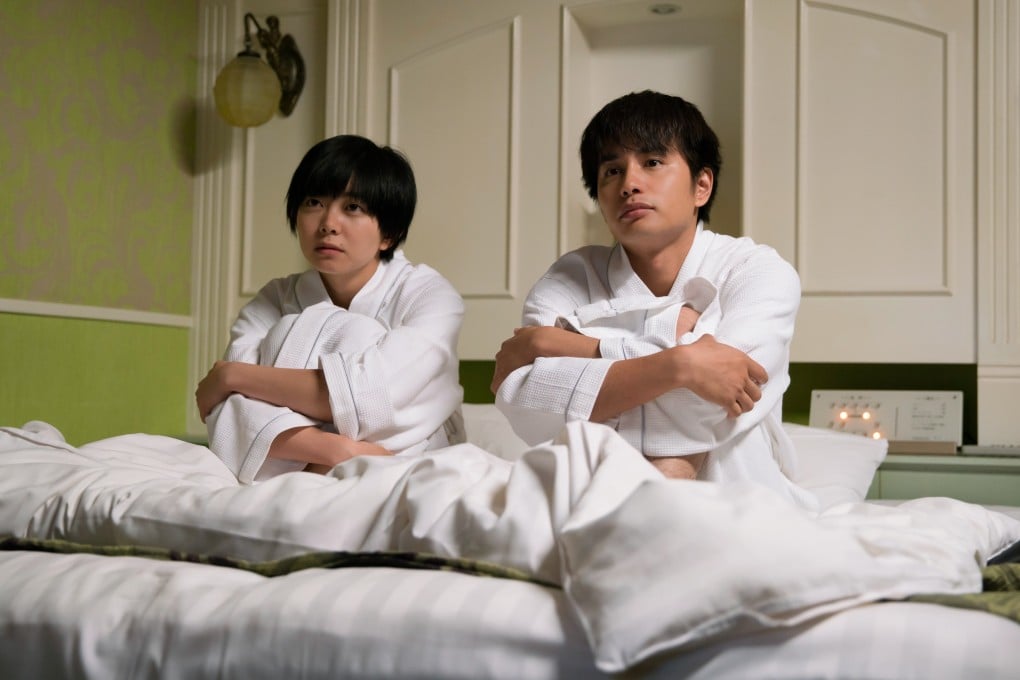What a view | My Husband Won’t Fit: show follows a sexually mismatched married couple in search of satisfaction
- The 10-part Netflix series, adapted from an autographical novel and then manga, is surprisingly sensitive
- Plus, HBO’s political satire Veep returns for its final season – if only government was this funny, and smart, in real life

Stop sniggering at the back!
Yes, yes, My Husband Won’t Fit really is about a man’s appendage being of dimensions too great for his wife to accommodate. And it’s probably just as well that this Netflix series doesn’t bear the title of earlier renderings of this unfortunately autobiographical story, such as My Husband’s Penis Won’t Fit (the name of the manga version).
Played by Natsumi Ishibashi, Kumiko enters into college life from a sheltered upbringing in Japan’s sticks – as well as from the clutches of a domineering mother – where she is untutored in the understanding of human impulses. She remains placid, accepting and unassuming even years into her marriage with sensitive, considerate Kenichi (Aoi Nakamura) – years in which having a sex life has proved almost impossible, but not for want of trying.
Still, husband and wife are a devoted couple, doing everything together in a relationship with emotional ties strengthened by an absence of physical bonding and cemented by an unbreakable trust. Until …
One almost shares the pain of betrayal as the delicate Kumiko makes her discovery: a loyalty stamp card, of the type used to qualify for a free coffee, recording Kenichi’s visits to Big Boobed Girl at a brothel in town.
Everything in their lives to this point has been low-key, even their attempts at sex have been as riotous as a Quaker meeting house. Amusement comes inadvertently, with social and professional awkwardness; tension with how the otherwise contented couple will cope with a problem even baby oil can’t fix. So are we watching a drama speckled with subtle comedy, or a poignant comedy with understated dramatic hillocks?
